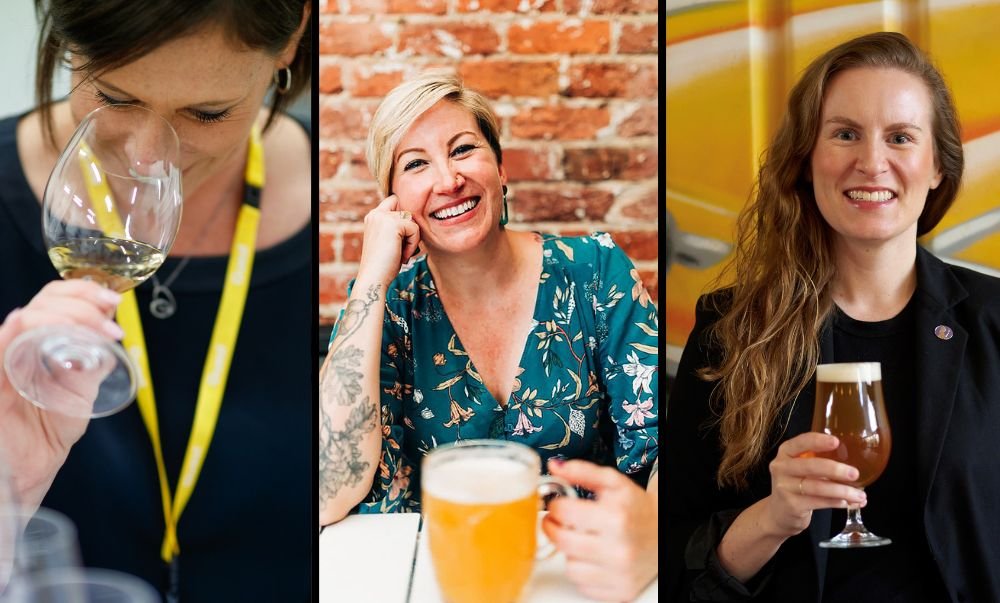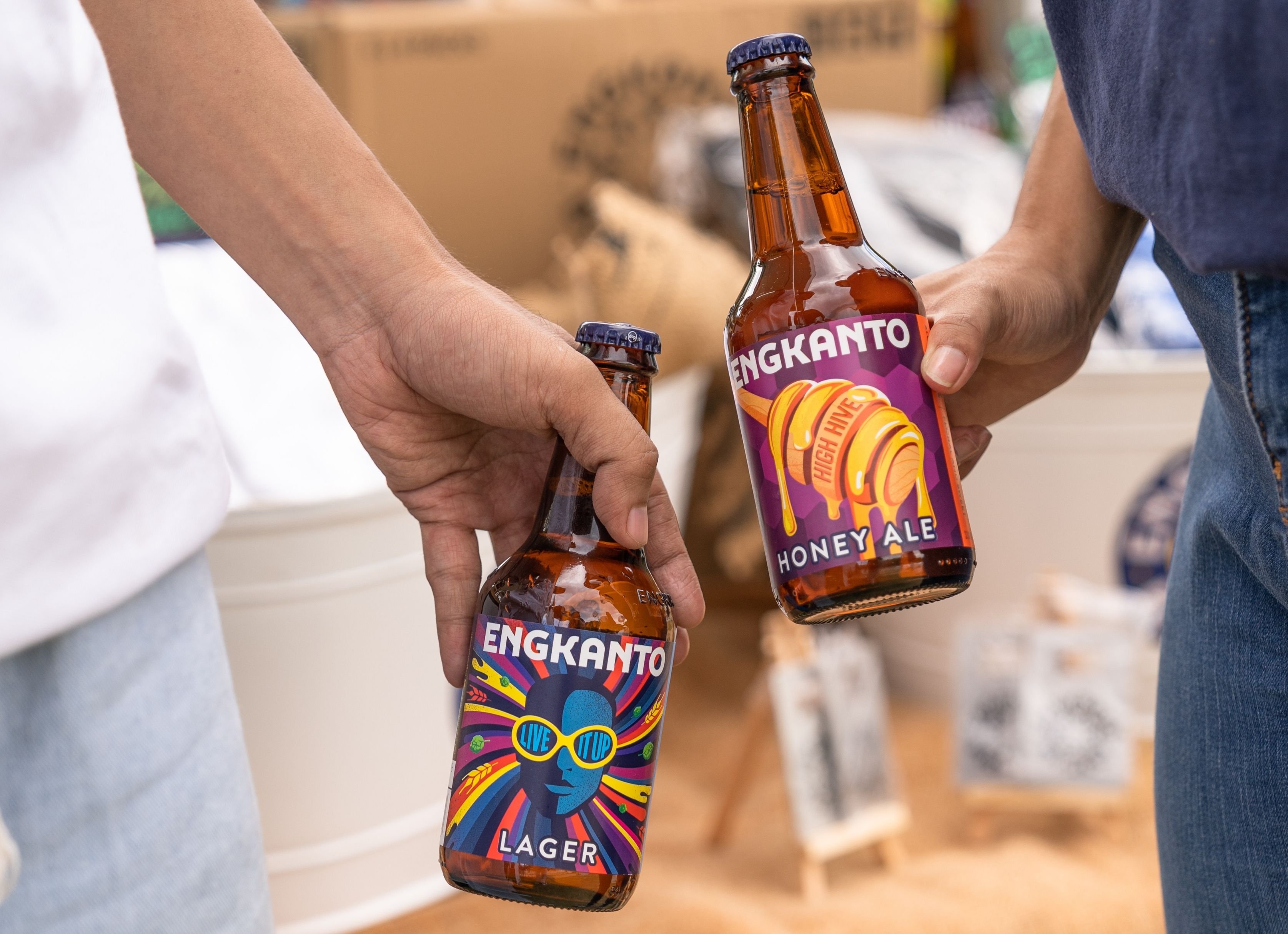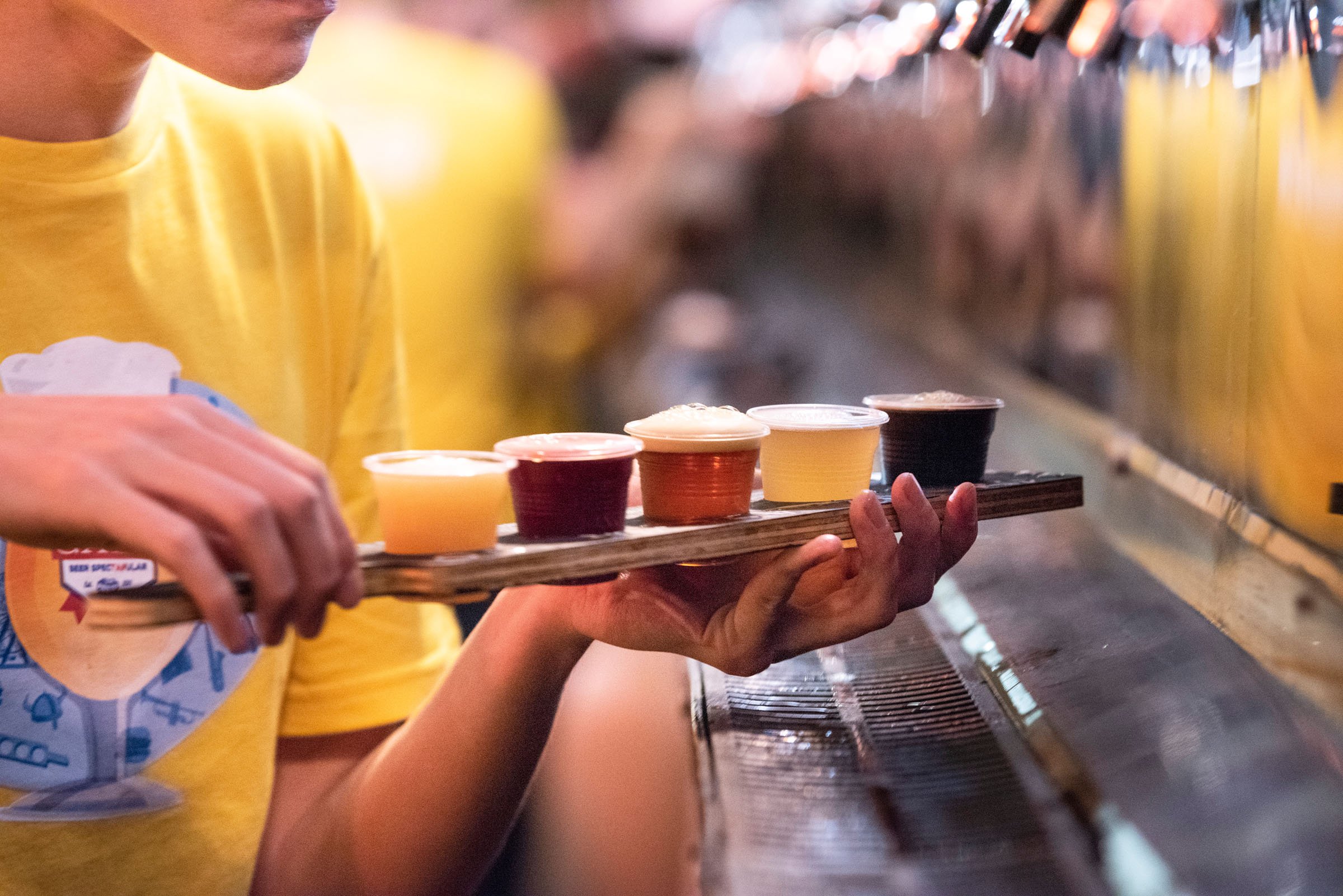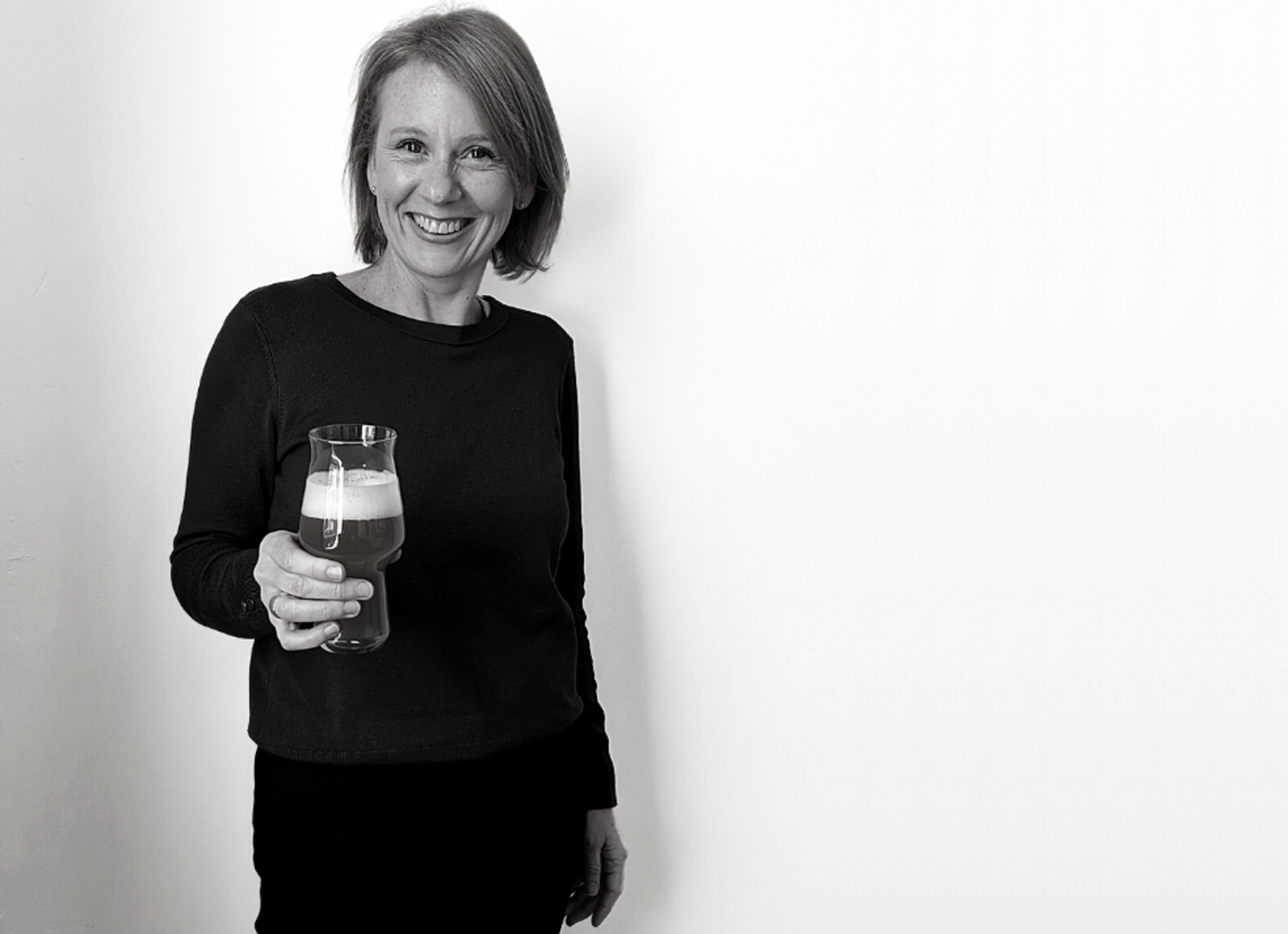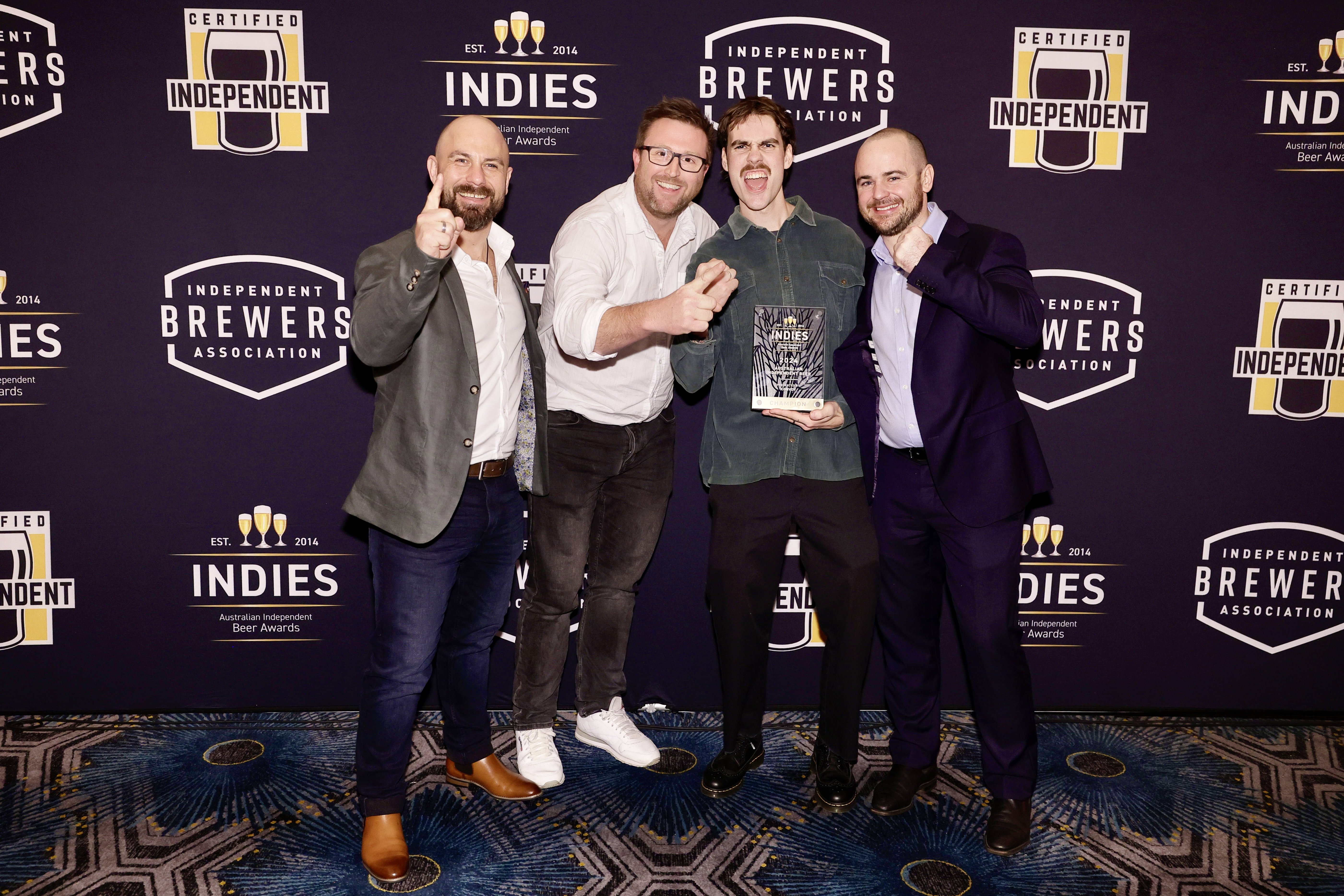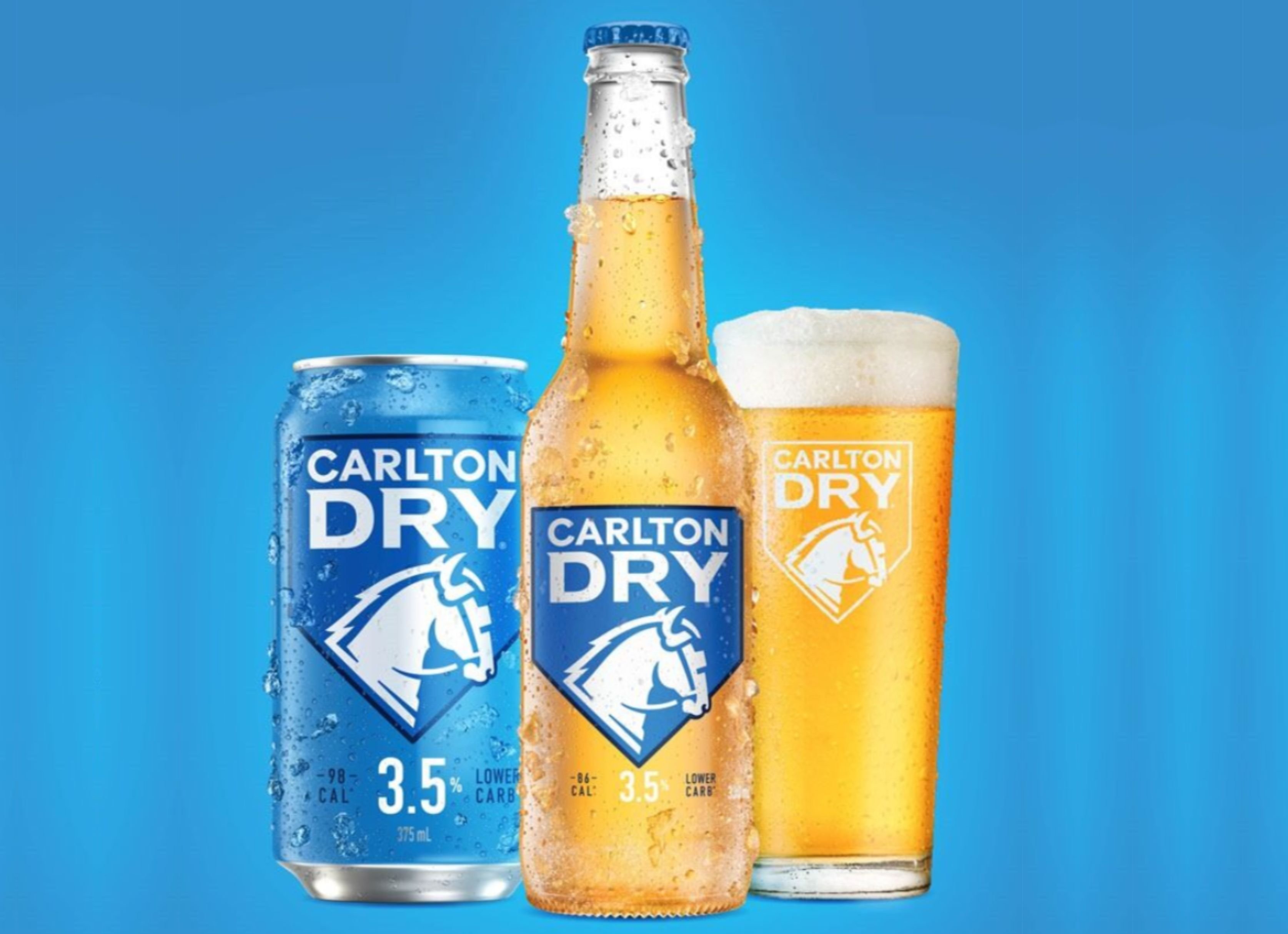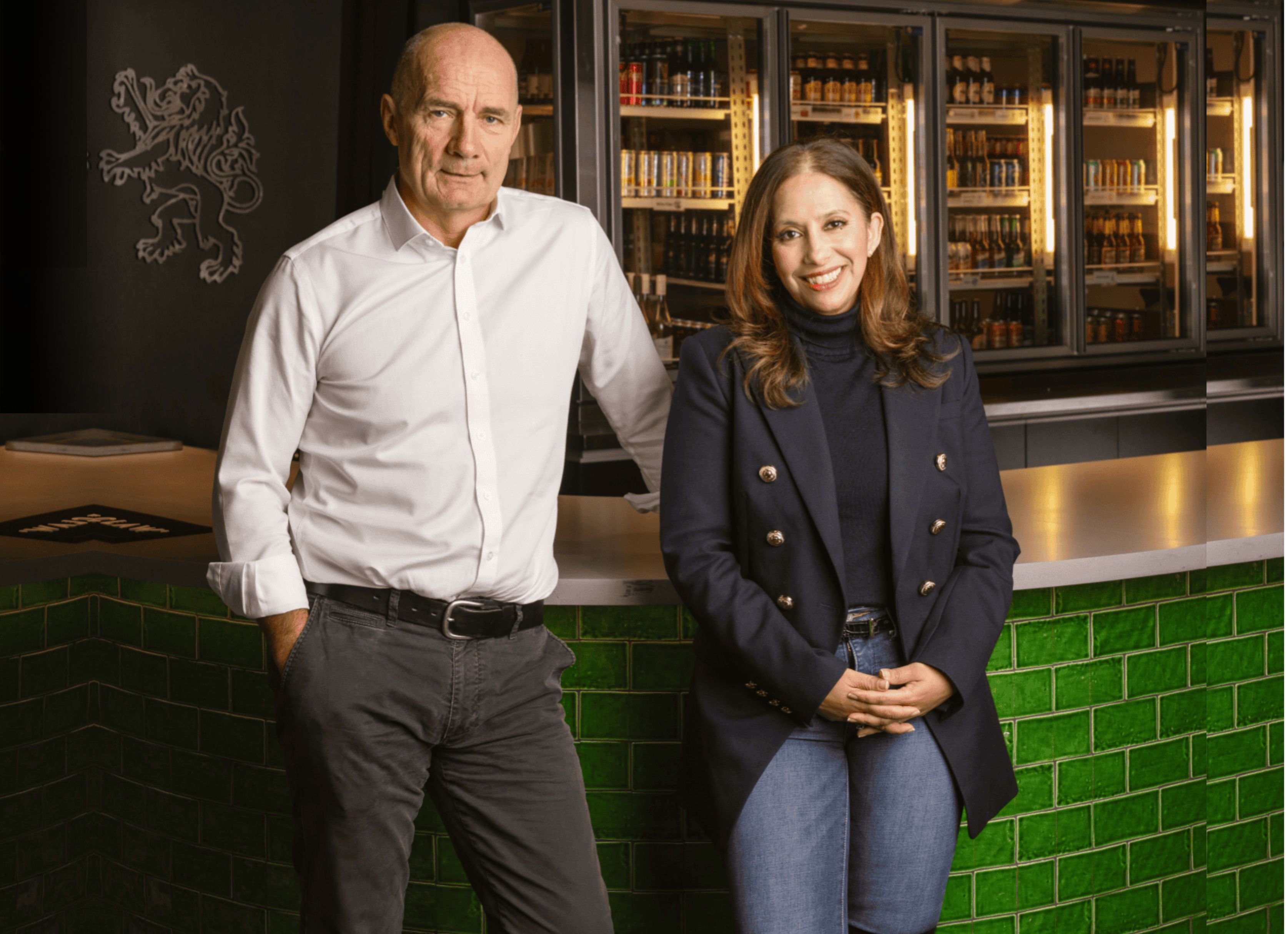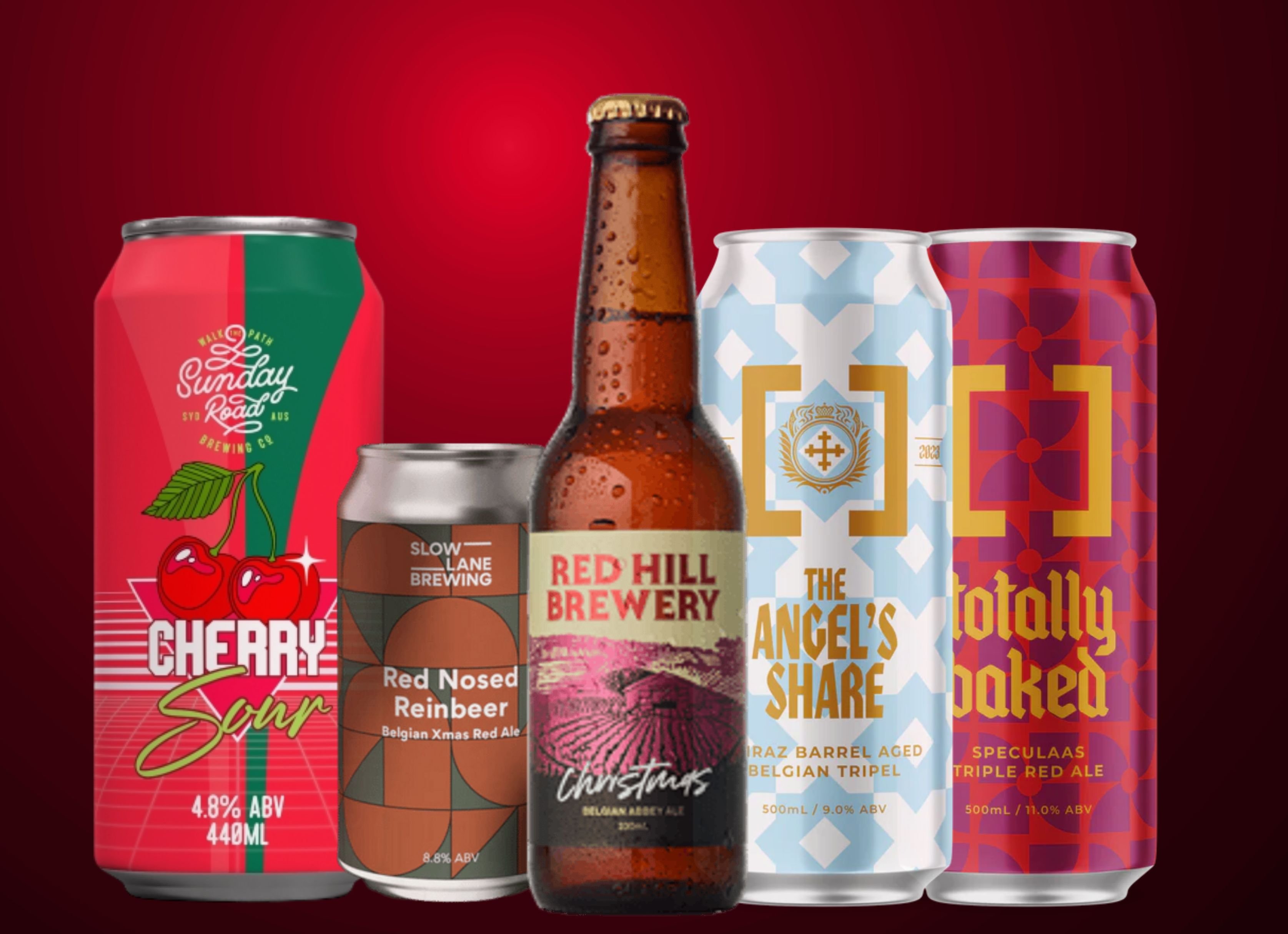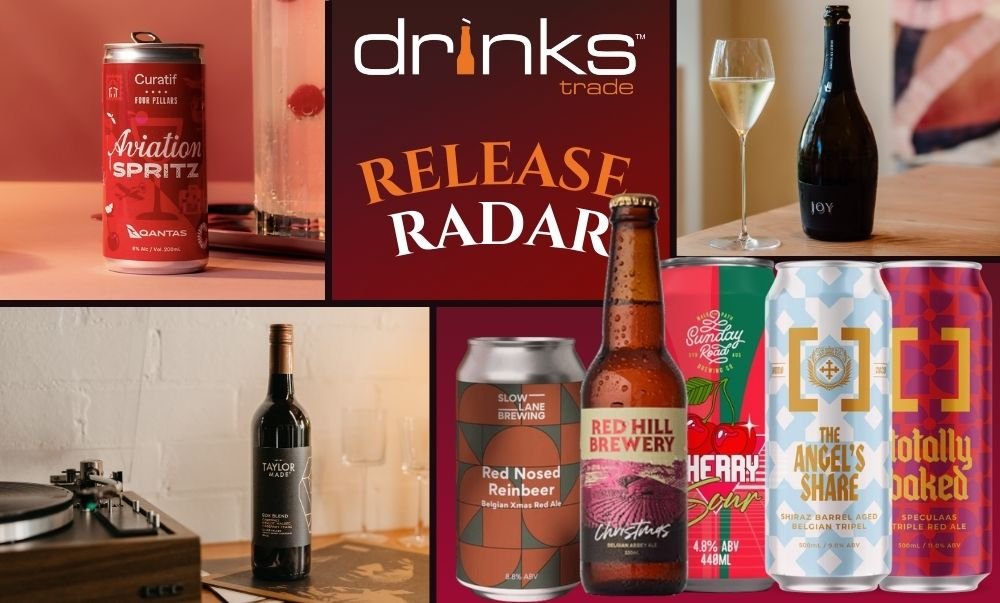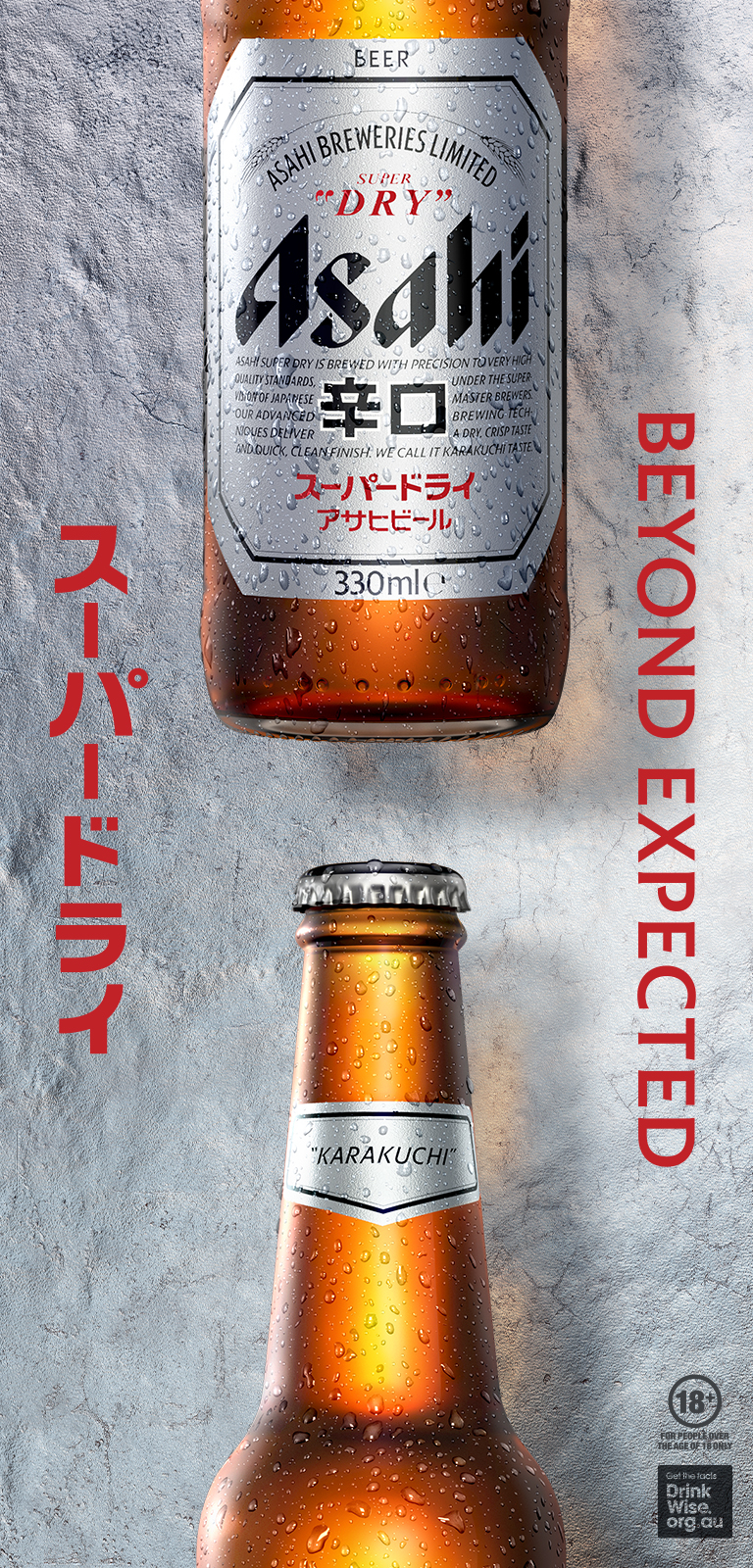While the beer industry might still conjure up stereotypes of blokishness and gender imbalances in the eyes of many, this lingering reputation is steadily being left in the past. This progress has not been straightforward, however, and would not have been possible without pioneering female figures leading the way.
In the same time span, the Australian beer industry has also become more professional in regards to aspects such as production quality, knowledge of workers, and attitudes to education. With WSET recently announcing the first accredited providers of its Awards in Beer, Drinks Trade thought it would be the perfect opportunity to sit down with Sarah Andrew (L), Jayne Lewis (C), and Natalya Watson (R), three women who have not only made WSET Beer possible but that have been pivotal in the ongoing process of shaping the more diverse and welcoming beer industry found in Australia today.
Drinks Trade: how did you break into the industry?
Sarah Andrew (Head APP Development APAC): I studied BA(Hons) BSc at Monash University and was about to start a PhD in paediatrics when I took a six-week trip to Europe before continuing as a life time student. Six weeks became seven years and my exposure to the food and wine scene in Europe saw me pivot from medical research to the beverage industry and I completed WSET Level 2 and Level 3 Awards in Wine. The rest is history as I set up Selador Wines back in Australia (2005) and continued my studies with Court of Master Sommeliers, Certified Sommelier and then WSET (Diploma in Wines & Spirits). This led to spirits and now beer.
Jayne Lewis (Business Development Manager, Beer - APAC): While studying Viticulture and Oenology at University in Western Australia I worked in a winery in Margaret River. One day, enjoying an excellent beer at Little Creatures in Fremantle, I said to myself “I’m going to work here.” A few years later they advertised in the newspaper for a Brewer (really dating my age here!) and I got the job! That was 20 years ago and I’ve never looked back.
Natalya Watson (Business Development Manager): Back in the early 2010s good friends introduced me to good beer, I thought the flavours were fascinating, and from there, I set out to learn everything I could about it! (It also helps that I have a degree in microbiology, so a lot of the science of beer made sense to me from the get-go.)
Drinks Trade: Do you think being female has hindered or helped you achieve success in the beer industry?
Sarah Andrew: When getting my start in the wine (not beer) industry, there were times when my gender was an issue and opportunities passed me by. This may be one reason I have become a lifelong student in the beverage industry, upskilling in wine, then spirits and now beer.
be seen is to be heard, so I have taken as many opportunities as possible to expose myself to new environments, aspects of the industry and with that people.
Jayne Lewis: When I started brewing, there was only one other female brewer in Australia and I remember being at awards events where the only other women present were partners of brewers. When I was coming up the ranks early on in my beer career, companies were keen to address the gender imbalance, so I believe that it helped my professional progression. This was especially true in the beer judging scene, where it got me a foot in the door.
Regardless of how the door opened, once inside, I worked incredibly hard to gain credibility and respect. I have also been very intentional about helping women who have joined the industry after me, by starting Pink Boots Society and Drinks Agents for Change, both organisations created to provide support for minorities in the Drinks industries.
Natalya Watson: When getting my start in the industry, I don't really think my gender had an impact either way.
Further into my beer career, as I was building my personal brand and later my own business as a beer educator, I've found being female to be a strength. Many women let me know that they sought out my courses because of the opportunity to learn from a female educator, as their previous experiences with beer had been very male-dominated.
Following the old adage, "if you can't see, you can't be", being a visible woman in beer lets other women know there's a place for them in this industry, too. So the more of us there are, the better!
Drinks Trade: What advice would you give to women looking to carve a career in the beer industry?
Sarah Andrew: If I reference the NIKE slogan here – “just do it!” Sara Hobday, who is WSET Head of Research & Curriculum for Beer is a great example of success from an education perspective. Natalya Watson & Mirella Amato, WSET Business Development Managers in EMEA and The Americas respectively are two more great examples of success in the beer industry.
The internal team for beer at WSET is headed by four incredibly successful women, this to me speaks volumes.
Jayne Lewis: Through operating Two Birds Brewing for 12 years, I learned that standing out from competitors and achieving success comes down to being authentic. Show up as your whole self, you don’t need to conform to stereotypes or “be” a particular way to be successful in the industry. If a company requires that of you, it’s probably not a good fit. Choose your own path, find companies that resonate with you, that LIVE their values and that take care of their staff.
Natalya Watson: In my experience, most people who are seeking out a career in beer are pursuing a passion. And that passion is incredibly important, but it's only one piece of the puzzle. The other piece is to think about what your career skills and strengths are and how you can combine them with your passion.
I got my foot in the door because Duvel was looking for a new marketing manager and I had developed my marketing and communication skills in the baby food world. There are so many transferable skills that people can bring to beer. It's about recognising your strengths and finding your niche within the industry!
The full interviews with Sarah Andrew, Jayne Lewis, and Natalya Watson will be available exclusively in the upcoming Drinks Trade Autumn 2024 print magazine.
Share the content
